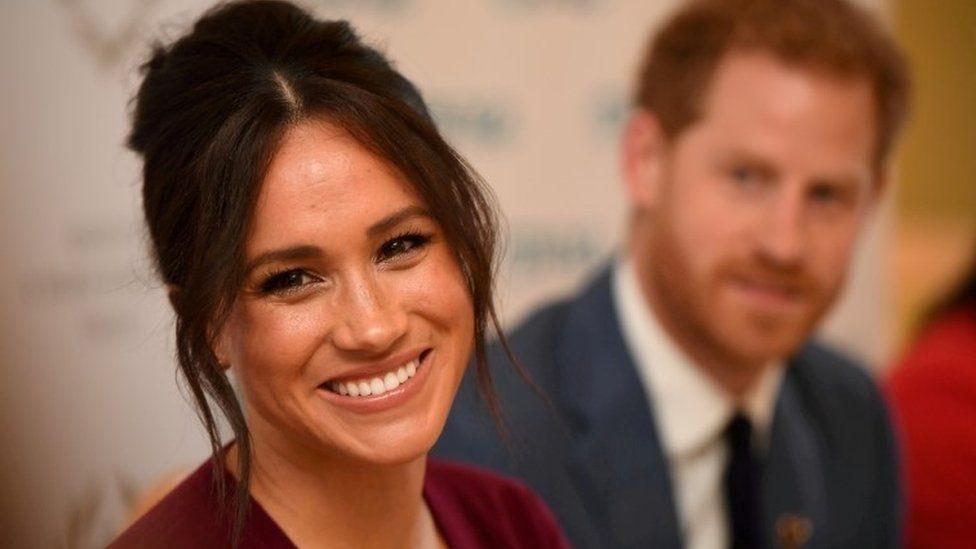The Duchess of Sussex has won the latest stage in her legal fight against the publisher of the Mail on Sunday.
The Court of Appeal rejected Associated Newspapers’ attempt to have a trial over its publication of extracts from Meghan’s letter to her father.
A High Court judge previously ruled in favour of the duchess in the privacy and copyright case.
Meghan said it was a win “not just for me, but for anyone who has ever felt scared to stand up for what’s right”.
In a statement issued after the ruling, the duchess said: “In the nearly three years since this began, I have been patient in the face of deception, intimidation and calculated attacks.”
She added: “The courts have held the defendant to account and my hope is that we all begin to do the same. Because as far removed as it may seem from your personal life, it’s not. Tomorrow it could be you.
“These harmful practices don’t happen once in a blue moon – they are a daily fail that divide us and we all deserve better.”
Meghan’s lawyers told the court her letter to Thomas Markle in August 2018 was “deeply personal” and “self-evidently was intended to be kept private”.
The judges were told during the hearing that 585 out of the letter’s 1,250 words had been republished in the five articles in question.
Announcing their decision, the three judges hearing the appeal said the letter’s contents were “personal, private and not matters of legitimate public interest”.
Earlier this year, the High Court had found the issues in the case were so clear cut that there was no need for a full hearing.
And on Thursday, judges at the appeal said it was hard to see what evidence at a trial that would have altered the situation.
They added: “The judge had correctly decided that, whilst it might have been proportionate to publish a very small part of the letter for that purpose, it was not necessary to publish half the contents of the letter.”
Meghan has won a significant victory in this courtroom battle to protect her privacy.
She’s drawn a line in the sand. Even if her life is of public interest, she’s shown that it doesn’t make her public property.
It was a high-risk strategy, which could have put her in court facing awkward questions, but the appeal court ruling has seen her winning without that.
But it’s already come with some bruising headlines – such as having to apologise for having forgotten how information was given to authors writing a book about her and Prince Harry.
This might have been an “unfortunate lapse of memory”, said the appeal court ruling, but it didn’t bear on the fundamental issues of whether such a private letter to her father should have been published.
Meghan divides public opinion – with vocal supporters and critics both seeing bias and prejudice on the other side – and this court case is unlikely to change that.
But she has succeeded in a legal battle that previous generations of royals would probably have avoided.
Lawyers for Associated Newspapers had produced a witness statement from Meghan’s former communications secretary, Jason Knauf, which indicated that the duchess had written the letter knowing it might be leaked.
Mr Knauf said Meghan sent him an early draft of the letter and had written: “Obviously everything I have drafted is with the understanding that it could be leaked so I have been meticulous in my word choice, but please do let me know if anything stands out for you as a liability.”
But in her written evidence, Meghan denied she thought it likely that her father would leak the letter, but “merely recognised that this was a possibility”.
During the case, it was also revealed that Meghan had authorised Mr Knauf to co-operate with the authors of a book about her and Prince Harry, something she had previously denied.
Meghan aide regrets not giving evidence earlier
Meghan weighed up calling father ‘daddy’
Mail on Sunday questions Meghan’s ‘private’ letter
Mail on Sunday to appeal over Meghan privacy case
Damage ‘runs deep’ says Meghan, after privacy win








